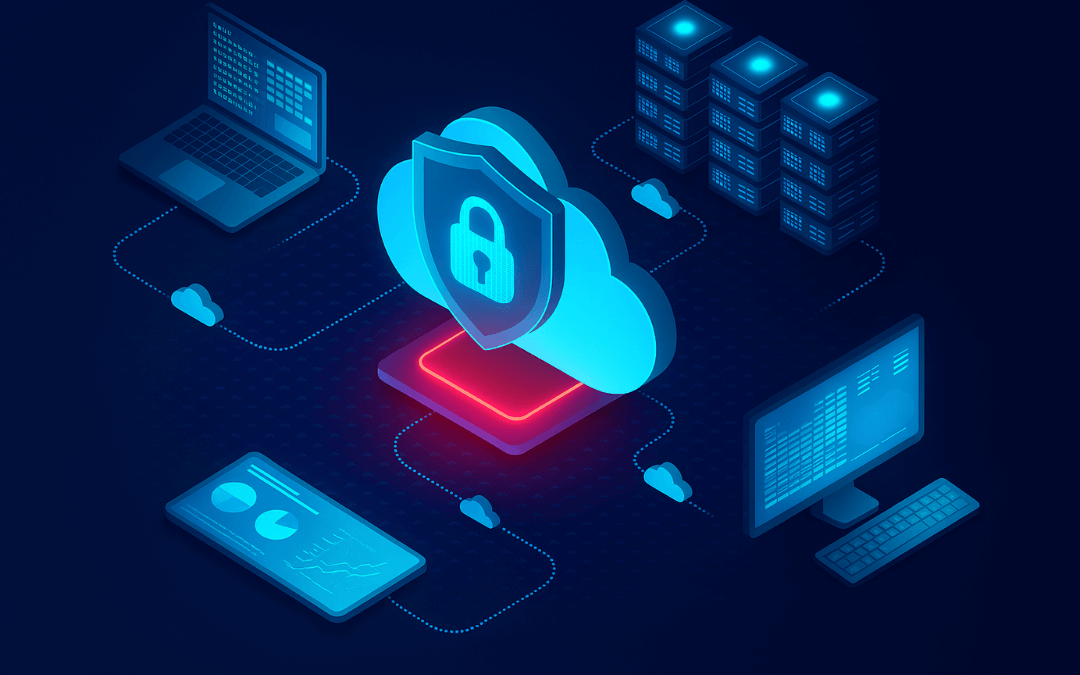The cybersecurity landscape faces a surge in EDR evasion as attackers like the Crypto24 ransomware group deploy sophisticated tools to bypass Endpoint Detection and Response (EDR) systems. Active since September 2024, Crypto24 targets large organizations in financial services, manufacturing, entertainment, and technology, using custom utilities to evade leading EDR platforms, including:
- Trend Micro
- Kaspersky
- Sophos
- SentinelOne
- Malwarebytes
- Cynet
- McAfee
- Bitdefender
- Broadcom (Symantec)
- Cisco
- Fortinet
- Acronis.
This marks a new era of EDR evasion, underscoring why cybersecurity teams must prioritize robust processes over reliance on products alone.
Crypto24’s EDR Evasion: A New Level of Sophistication
Crypto24’s attacks represent a leap in attacker capabilities. Their toolkit blends legitimate tools like PSExec for lateral movement and AnyDesk for remote access with custom malware, such as the RealBlindingEDR variant, which disables EDR systems by exploiting unknown vulnerable drivers. This tool targets kernel-level hooks and callbacks, neutralizing security controls from over a dozen vendors, including Trend Micro’s Vision One, Kaspersky, Sophos, SentinelOne, Malwarebytes, Cynet, McAfee, Bitdefender, Broadcom (Symantec), Cisco, Fortinet, and Acronis. In Trend Micro environments, attackers with elevated privileges use a legitimate uninstaller, XBCUninstaller.exe, via gpscript.exe to remove Vision One, blending malicious actions with normal operations and highlighting advanced EDR evasion techniques.
Crypto24’s multi-stage approach includes creating privileged accounts, deploying keyloggers (WinMainSvc.dll) for credential harvesting, and exfiltrating data via Google Drive, all before encrypting files with MSRuntime.dll. By operating during off-peak hours, they maximize impact, targeting high-value enterprises in Asia, Europe, and the USA. The ability to bypass such a wide array of EDR platforms highlights the group’s deep understanding of enterprise security stacks, making them a formidable threat in this EDR evasion era. Costs from downtime, recovery, and ransoms can reach millions, emphasizing the need for stronger defenses against EDR evasion.
Processes Over Products: The New Cybersecurity Imperative
The Crypto24 campaign exposes a critical truth: EDR products, while powerful, are vulnerable without robust processes. The group’s ability to disable security controls from vendors like Trend Micro, Kaspersky, and SentinelOne shows that no single tool is immune to EDR evasion. For instance, their use of legitimate uninstallers required prior privilege escalation, which could have been prevented with proper access controls. Over-reliance on technology without human oversight leaves organizations exposed to such sophisticated EDR evasion attacks.
Cybersecurity teams must adopt process-driven strategies to complement tools:
- Continuous Monitoring: Real-time anomaly detection can flag suspicious activities, like Crypto24’s scheduled tasks or unusual Google Drive uploads. A manufacturer using SIEM detected a ransomware attempt, saving $2M in losses.
- Least Privilege Access: Restricting admin rights prevents attackers from leveraging tools like XBCUninstaller.exe, as seen in Crypto24’s attacks.
- Incident Response Protocols: Predefined playbooks enable rapid containment, limiting damage from data exfiltration or encryption.
- Vendor and Dependency Audits: Regular audits of third-party vendors and software reduce risks, especially given Crypto24’s stealthy tactics.
These processes, paired with technologies like zero-trust architecture and SIEM, create a resilient defense. Trend Micro notes that properly configured systems with least privilege principles can thwart such attacks, reinforcing the need for process-driven security.
Building Resilience in the EDR Evasion Era
The rise of EDR evasion, exemplified by Crypto24’s ability to bypass platforms like Sophos, McAfee, and Fortinet, demands a proactive shift. Attackers are studying security stacks, exploiting weaknesses, and deploying custom tools to stay ahead. Organizations must counter with disciplined processes that outmaneuver these threats. BlackBelt Secure’s Jutsu methodology delivers tailored, process-driven solutions, from real-time monitoring to zero-trust implementation, ensuring your defenses remain robust against sophisticated attacks like EDR evasion.
Don’t let EDR evasion compromise your security. Visit blackbeltsecure.com/jutsu to discover how our expert-led strategies can fortify your cybersecurity framework with processes that deliver results.
Call to Action: Strengthen Your Defenses
Don’t leave your organization vulnerable to sophisticated cyber threats like Crypto24’s advanced EDR evasion tactics. Partner with Black Belt Secure for a free consultation to evaluate your current defenses, identify potential weaknesses, and develop a tailored strategy to strengthen your resilience.

